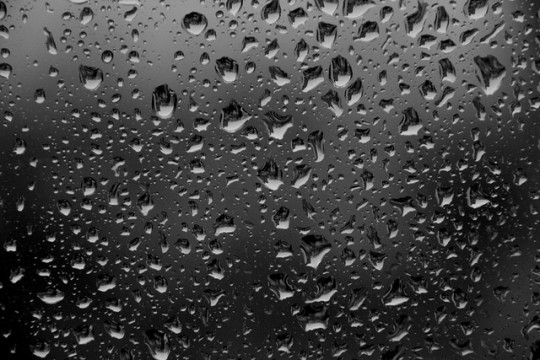The Disappeared

Three Poems by Mark Trechock
by
Mark Trechock
photo by Rodrigo Paredes
Dancing on a Rooftop in Buenos Aires
The other guests came in ones and pairs
from desperate jobs vending gewgaws
or taking orders at pizza restaurants,
shook hands formally with the host,
who spent a good hour testing the heat
and strength of the yerba mate before
its passing, solemn as a bishop’s high mass,
between sips the communicants asking
blessings and health for kindred and compadres,
curses for Menem, for Bush, for the dirty
war, the inflation, the intermittent
electricity and water, for the “misery villages,”
for the robbery of Ernesto’s few worthless bills
and his clothes and shoes and his long walk
naked home, and the lack of working telephones.
Midnight, the evening just starting, we climbed
the stairs to the rooftop where cuts of beef
were roasting over a spit, the red wine
uncorked, the broom dance just beginning,
one misstep close to the edge and twelve
floors straight down to the concrete already
breaking up from half-repaired
sewers and other public works.
At the two a.m. supper, one compadre,
a Methodist student of divinity,
sat on the roof with a gaucho knife,
fit to skewer a chunk of beef,
slice a pear, or split a slab of bread.
It took me back to church suppers
at home—the rows of gelatin salads
with cottage cheese, hamburger hot
dish with canned tomatoes, flanked
by sweet bars in aluminum pans
with cooks’ surnames in green magic
marker on masking tape, but nothing
requiring knives, which were never set out,
and certainly no talk of politics, as if
we didn’t know who canceled our votes.
The Disappeared
Appearing only slightly dispirited
that the secret police in their green Falcons
never took him to join the disappearance
of everybody worth killing for the sake of order
six or eight years ago
at some torture house in the Pampas,
or out the cargo door of a chopper,
the theologian sat with me drinking tea
at a time of day marking no specific task or urgency,
as safe and blameless for now as Methodist women
making quilts and gossiping in a church kitchen.
I listened to him wonder if another Fascism
would replace the new yet suddenly abandoned form,
and if the currency would find its level
or keep swirling like the thousand peso notes
blowing untouched down the aisles of Buenos Aires buses,
and when if ever the mothers of the disappeared
would cease parading swaddled photos
of the children and lovers they would never see again
before the successors of their executioners,
sequestered in their Pink House.
I couldn’t say, but thought of how,
at a vineyard in Mendoza the week before,
I toured the vats, guided by a woman
wearing lipstick as red as Reagan’s second election
and the swagger of a suburban realtor.
I sampled a malbec, aged for years
in cellars as dark as the torture houses.
At the last stop, a case of the red
slid down the conveyor and fell to the concrete.
Wine pooled like blood on the floor
as the shipping department stifled
the kind of nervous laughter I used to hear
from children watching horror movies.
It will leave a stain.
Spring 1990, Santiago de Chile
The pavement pitches right to left
to right like a carnival slide,
down from the ice of Aconcagua,
the bus picking up speed
around the twenty-ninth curve,
hurtling past the hillside apple orchards
hung with blossoms,
toward the shimmering smog
arising in greeting
from the city of the disappeared.
At the depot
the brittle staccato of Spanish
clatters to diesel accompaniment.
A street full of young philosophers
stroll through the November spring,
arguing over what might happen next,
cranking to a crescendo at the last word,
unhurried and genial in their force,
only to be countered by another’s burst,
probing the edges of free speech.
“Bush returns to the scene of the crime,”
warns the newspaper kiosk,
as the traffic cops still in camouflage,
machine guns slung over their shoulders,
occupy the next intersection
to protect the man who did away with Allende
and now wants endorsement
for doing away with Sadaam.
I slant my path the other way—
toward the side streets, past
the sidewalk fruit vendors
and the improbable Chinese restaurants
redolent of sweet and sour pork,
seeking anonymous shelter
where Bush would not have made
a reservation.
author bio
Mark Trechock lives in North Dakota and has spent two sabbaticals in Argentina and Peru and made several shorter journeys in Colombia, Chile, Guatemala and Mexico. After a 20-year hiatus from marketing poetry, he recently began resubmitting for publication: poems related to Latin America have appeared in Radius, Life and Legends, Shark Reef, Verse-Virtual, Raven Chronicles, and Badlands Literary Journal



